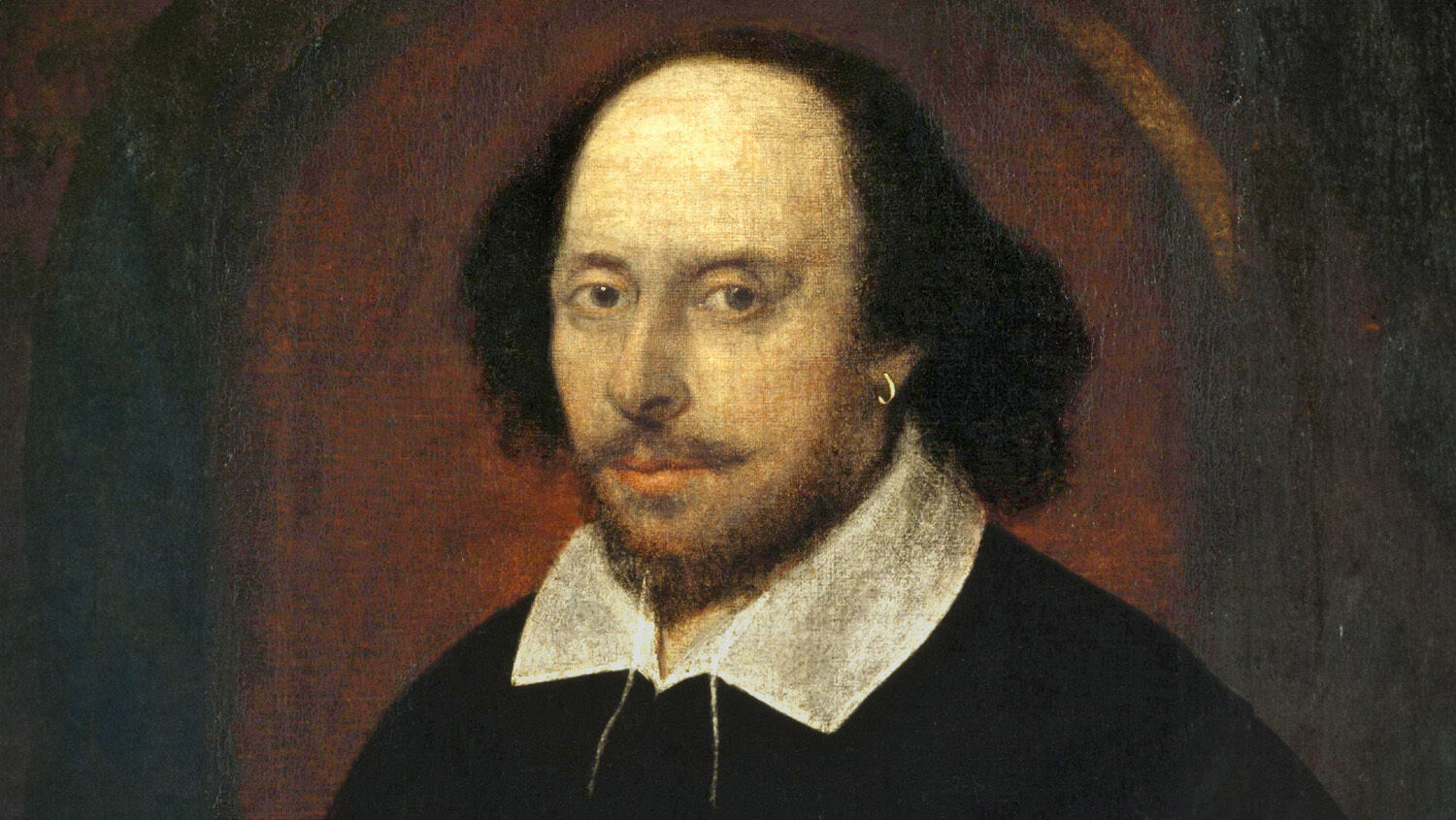
‘Try What Repentance Can, What Can It Not?’
Hamlet is arguably Shakespeare’s best play. Most people immediately think of its “To be or not to be” monologue. But Abraham Lincoln considered its most important soliloquy “My offence is rank.” Like so many other passages in Shakespeare, it contains many biblical references. I believe it contains an important message for our world.
The setting for Hamlet was the royal house in Denmark. However, I believe Shakespeare probably got the idea from events on the British throne. The narrative is very intense and reads as though it springs from the author’s personal experience.
In the play, Hamlet’s father was king, but then Claudius, the king’s brother, Hamlet’s uncle, killed him and, within two months, married his widow. He then began to realize the depth of his sin. These words reveal how Shakespeare was influenced by the Bible:
O, my offence is rank, it smells to heaven;
It hath the primal eldest curse upon’t,
A brother’s murder.
This is a reference to Cain and Abel. Such murder took place from the beginning, within the first family! This world is cursed because Adam and Eve chose to disobey God, leading mankind down a terrible path. Shakespeare takes us right back to that beginning.
Hamlet’s uncle continues:
What if this cursed hand
Were thicker than itself with brother’s blood,
Is there not rain enough in the sweet heavens
To wash it white as snow? …
My fault is past. But, O, what form of prayer
Can serve my turn? …
Try what repentance can: what can it not?
Yet what can it when one can not repent?
O wretched state! O bosom black as death!
This portion sounds a lot like the Apostle Paul saying, “O wretched man that I am!” (Romans 7:24). It also reminds one of what Kind David wrote: “Purge me with hyssop, and I shall be clean: wash me, and I shall be whiter than snow” (Psalm 51:7). That is surely where Shakespeare got inspiration for this scene. No poet could speak so intensely about repentance and not have been influenced by the Bible.
The soliloquy concludes:
O limed soul, that, struggling to be free,
Art more engaged! Help, angels! Make assay!
Bow, stubborn knees; and, heart with strings of steel,
Be soft as sinews of the newborn babe!
All may be well.
True repentance heals just about everything. This is also the only hope for our sick world.
Let’s consider a biblical example of how repentance can change the course of history.
When the Prophet Jonah finally delivered God’s message to the Ninevites, they responded. “So the people of Nineveh believed God, and proclaimed a fast, and put on sackcloth, from the greatest of them even to the least of them” (Jonah 3:5).
Note: Whom did the people believe? Not Jonah, but God! They knew his message came from God. That is an amazing truth: Carnal-minded people who didn’t even believe in the true God knew this message came from God!
The people of Nineveh proved that everybody throughout the ages should heed God’s warning messages. Our scholarly leaders may reason around that warning, but that is simply a rebellious refusal to believe God. Any person can prove when a message is from God! If they don’t believe, it is still a witness against them (Matthew 24:14).
So much tragedy could be avoided if people would believe God. If they don’t, then the problem is their own weak faith.
The whole world would be in the Philadelphia Church of God if they believed God! That is where God’s only message and work is.
“For word came unto the king of Nineveh, and he arose from his throne, and he laid his robe from him, and covered him with sackcloth, and sat in ashes. And he caused it to be proclaimed and published through Nineveh by the decree of the king and his nobles, saying, Let neither man nor beast, herd nor flock, taste any thing: let them not feed, nor drink water: But let man and beast be covered with sackcloth, and cry mightily unto God: yea, let them turn every one from his evil way, and from the violence that is in their hands” (Jonah 3:6-8).
The king and the nobles took the lead in repentance. That is what the kings and presidents of this world should do today. Are they too proud to fast, wrap themselves in sackcloth, and sit in ashes? Are they ashamed of God and His message? Must they experience nuclear disaster before they repent?
“Who can tell if God will turn and repent, and turn away from his fierce anger, that we perish not?” (verse 9). True repentance moves God deeply. Who knows when God may change His prophecies against an evil nation? Who knows if God will save an empire or nations?
Our message could save the whole world from destruction if it would only repent! That is why the Philadelphia Church of God proclaims this message to the world.
We must never write the nations off and fail to deliver God’s message. Who knows what our loving God may do?
“And God saw their works, that they turned from their evil way; and God repented of the evil, that he had said that he would do unto them; and he did it not” (verse 10). Notice: God did not focus on the people’s fasting and sackcloth. He saw their works! They made genuine changes, and God responded by saving their empire.
Try what repentance can, what can it not?
